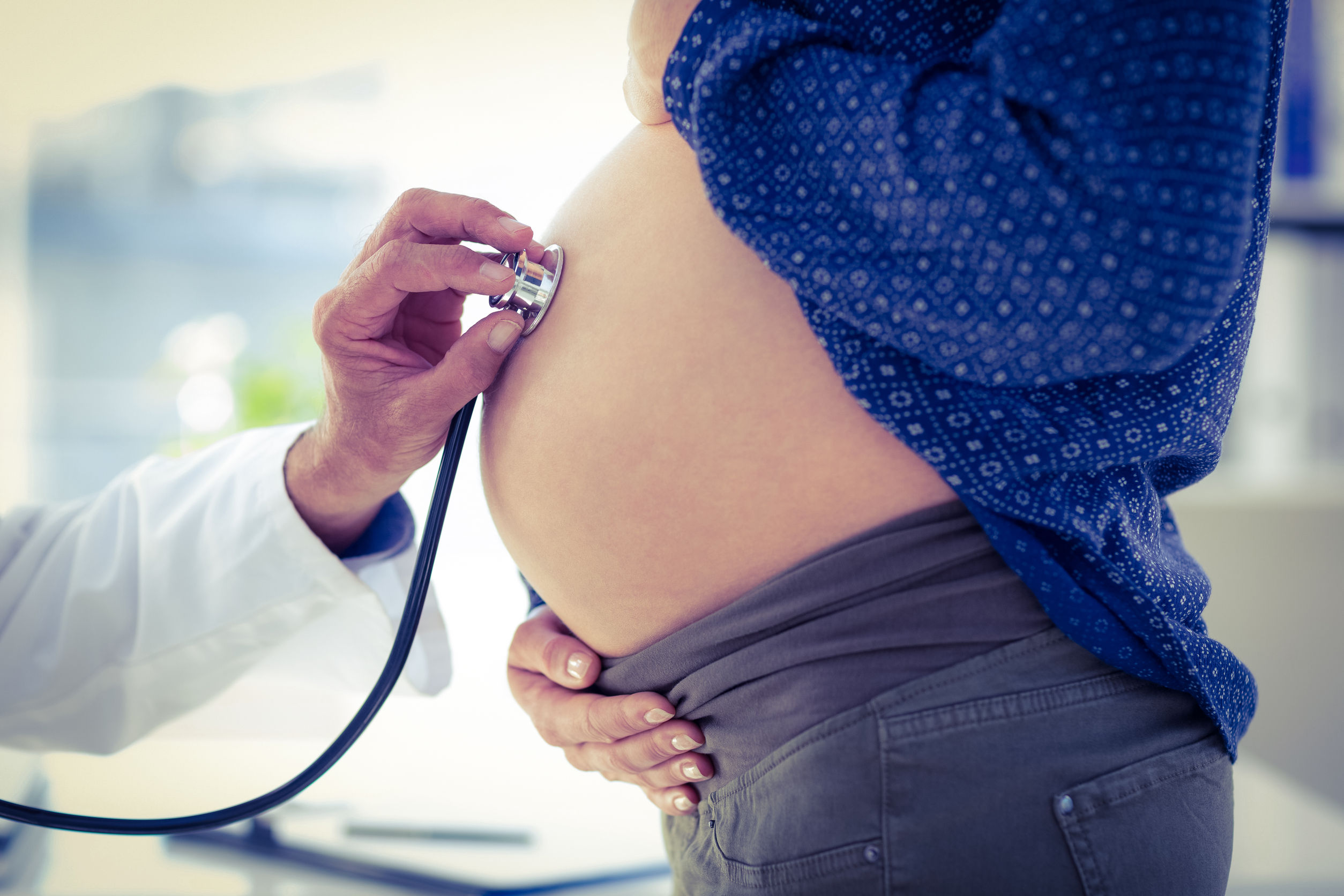Many women look forward to motherhood, but many women don’t realize that being overweight can increase their risk of experiencing complications while pregnant. Gestational diabetes, preeclampsia and sleep apnea are all commonly associated with obesity during pregnancy.
Obesity during pregnancy can also increase your baby’s exposure to certain health risks. It may even lead to your baby being born with heart defects and/or neural tube defects. Obesity during pregnancy can also cause problems with diagnostic tests, such as ultrasounds. Obese pregnant women also face a greater risk of miscarriage, preterm birth and stillbirth.
Weight Loss Surgery and Fertility
Obesity can affect a woman’s fertility. Being overweight can cause irregularities in your menstrual cycle and prevent ovulation. Women may improve their chances of becoming pregnant by losing even just five percent of their body fat.
According to the Obesity Action Coalition, weight loss by bariatric surgery or other means can cure obesity. Weight loss improves the hormonal environment and can restore normal menstruation and regular ovulation.
Weight Loss Surgery and PCOS
Polycystic ovary syndrome (PCOS) is among the most common causes of female infertility. The condition is often linked to obesity, type 2 diabetes and obstructive sleep apnea. While research shows that bariatric surgery is successful in improving life expectancy, quality of life and comorbidities in women who have PCOS, the National Institutes of Health indicates that more research is necessary to determine whether weight loss surgery can improve the fertility of women suffering from PCOS.
Pregnancy Safety After Weight Loss Surgery
Pregnancy after weight loss surgery is safer for mother and baby than an obese pregnancy. However, there are certain risks expectant mothers who have undergone weight loss surgery should be aware of. First, follow your prenatal care team’s recommendations about responding to the symptoms of morning sickness: vomiting, diarrhea and/or feelings of weakness. Dietary supplements are especially essential for pregnant women who have had weight loss surgery, as is careful monitoring of their blood levels of critical nutrients and minerals.
Young women that want to start a family should delay pregnancy during the period of their most rapid weight loss. They should also wait from between 18 and 24 months after undergoing weight loss surgery before becoming pregnant. Your fertility problems may resolve on their own as a result of your weight loss surgery, but keep in mind that an increase in fertility can also lead to an unplanned pregnancy.
If you are overweight and are struggling with fertility issues, or if you want to ensure that your’s is a healthy pregnancy, contact McCarty Weight Loss Center today. We can help you determine if you are a good candidate for weight loss surgery.






